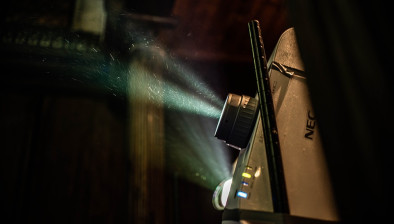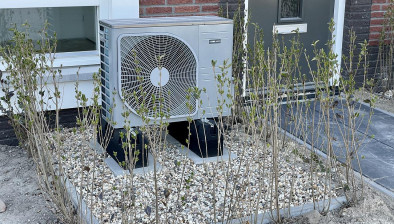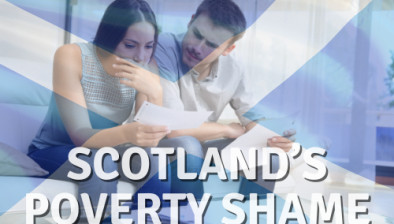Scotland’s inequality gap widening
 The richest 1% of Scots holds more wealth than the bottom 50% combined, a new report from Oxfam has revealed.
The richest 1% of Scots holds more wealth than the bottom 50% combined, a new report from Oxfam has revealed.
A Reward Work, Not Wealth study published as political and business elites gather in Davos for the World Economic Forum, also revealed that 82% of wealth generated across the world last year went to the richest 1% of the global population, while the 3.7 billion people who make up the poorest half saw their wealth flatline.
The charity claimed that high-level cronyism, monopolies, unfair tax policies and tax avoidance are fuelling the global crisis, leaving millions condemned to a life of poverty.
It is now urging governments around the world, including Holyrood, to rethink economic and tax policies to help tighten the gap.
Dr Katherine Trebeck, Oxfam’s Glasgow-based senior researcher, said the strain of yawning inequality is also being felt in Scotland.
“This isn’t a faraway crisis,” she said. “It’s grimly apparent that the inequality crisis is out of control. The economic system is set up in a way that enables a wealthy elite to accumulate vast wealth at the expense of hundreds of millions of people who are scraping a living on poverty pay.”
In Scotland, the 10 richest families or individuals were last year estimated to have a combined wealth of £14.7bn.
The Sunday Times annual Rich List placed the Grant-Gordon whisky family as the richest in Scotland, with a fortune of £2.37bn, with Highland Spring owner Mahdi al-Tajir listed as having an overall fortune of £1.67bn.
Oil industry leader Sir Ian Wood and family are said to be worth £1.6bn and the Thomson family, owners of publisher DC Thomson, £1.285bn.
Meanwhile, around 430,000 Scots were paid less than the living wage of £8.45 per hour last year, with women outnumbering men by about 100,000.
More than one quarter of a million Scots children – working out at one in four – are officially recognised as living in poverty.
Mark Goldring, Oxfam GB chief executive, said: “Something is very wrong with a global economy that allows the one percent to enjoy the lion’s share of increases in wealth while the poorest half of humanity miss out. The concentration of extreme wealth at the top is not a sign of a thriving economy but a symptom of a system that is failing the millions of hard-working people on poverty wages who make our clothes and grow our food.
“The world has made huge strides forward in ending poverty but progress could be even faster if we did more to break down the barriers that are holding back the world’s poorest people. For work to be a genuine route out of poverty we need to ensure that ordinary workers receive a living wage and can insist on decent conditions, and that women are not discriminated against. If that means less for the already wealthy then that is a price that we – and they – should be willing to pay.
“Leaders should ensure that wealthy individuals and businesses pay their fair share of tax by cracking down on tax avoidance, and invest this into essential services like schools and hospitals, and creating jobs for young people.”
Mr Goldring added: “Many leaders say they’re worried about the corrosive effect of inequality but their tough talk too often fades away at the first resistance. Some companies and wealthy individuals are taking steps towards fairer ways of doing business but too many others use their power to protect their own interests. To really transform our economies, we need to look again at the business models and laws that prioritise shareholder returns above wider social benefit.”







